


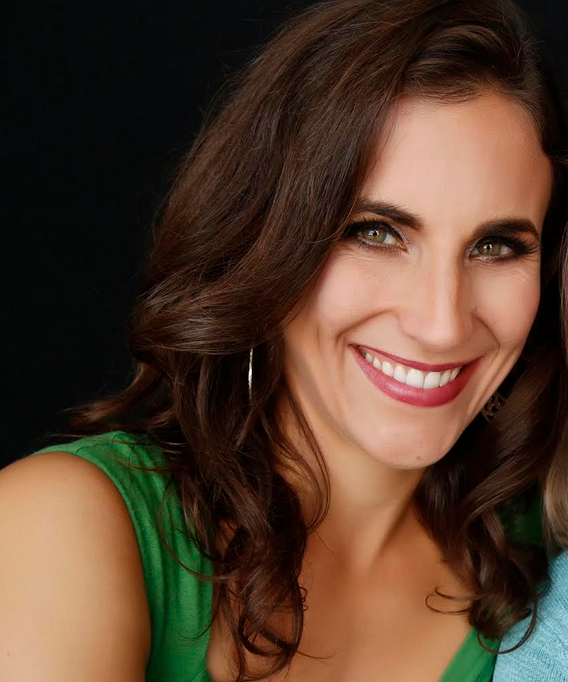
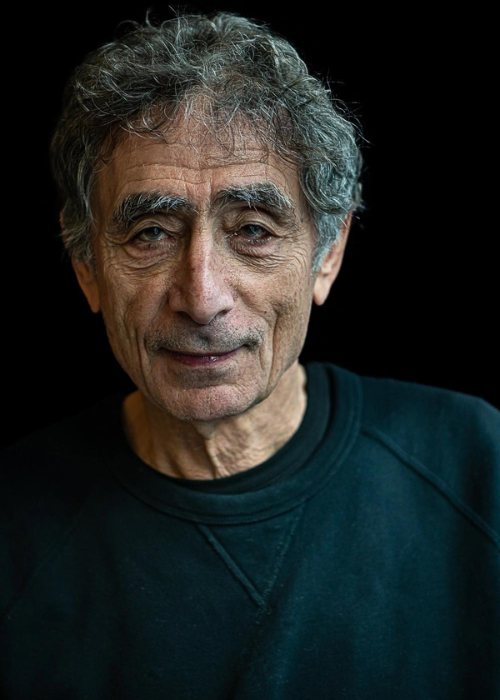

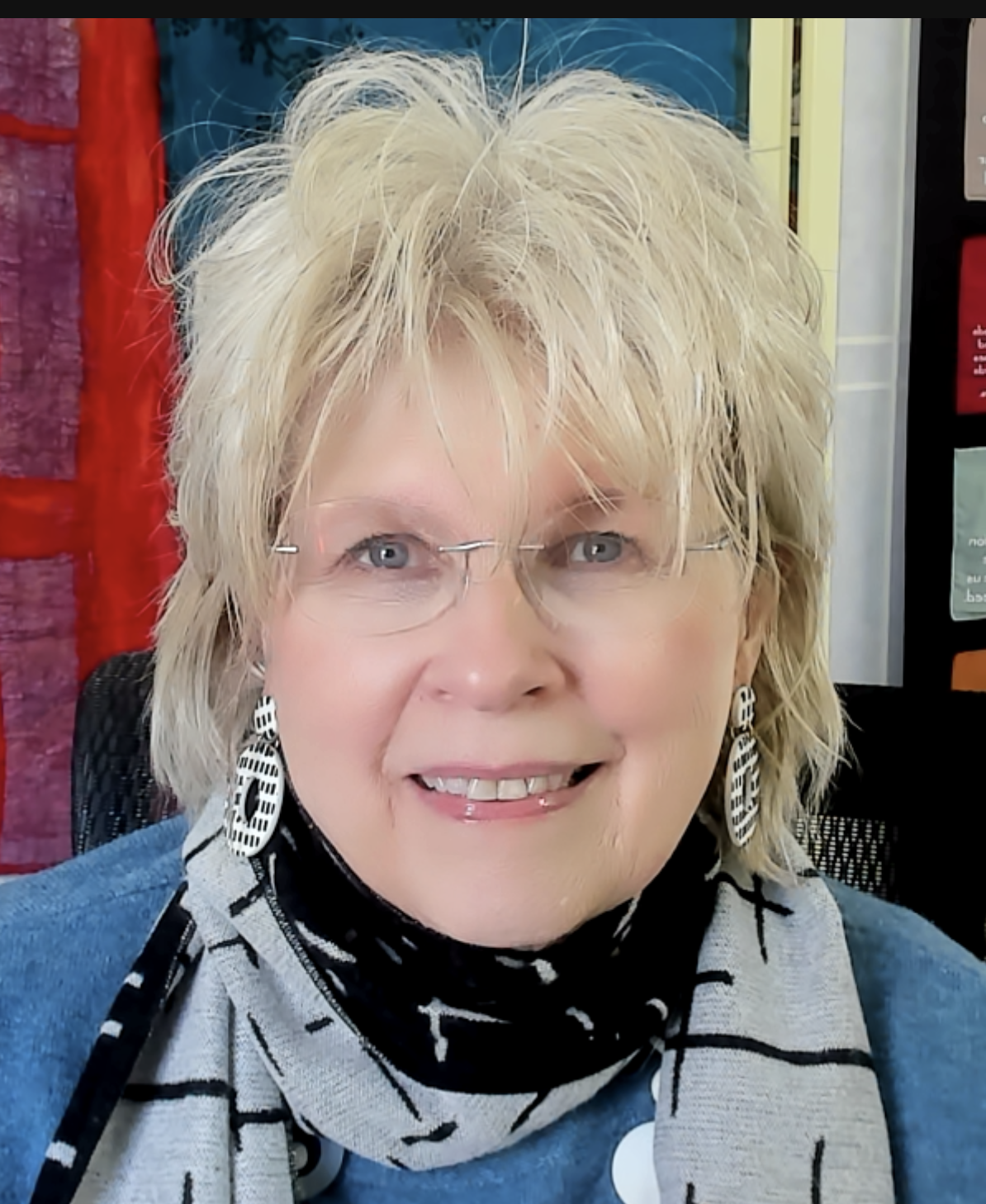
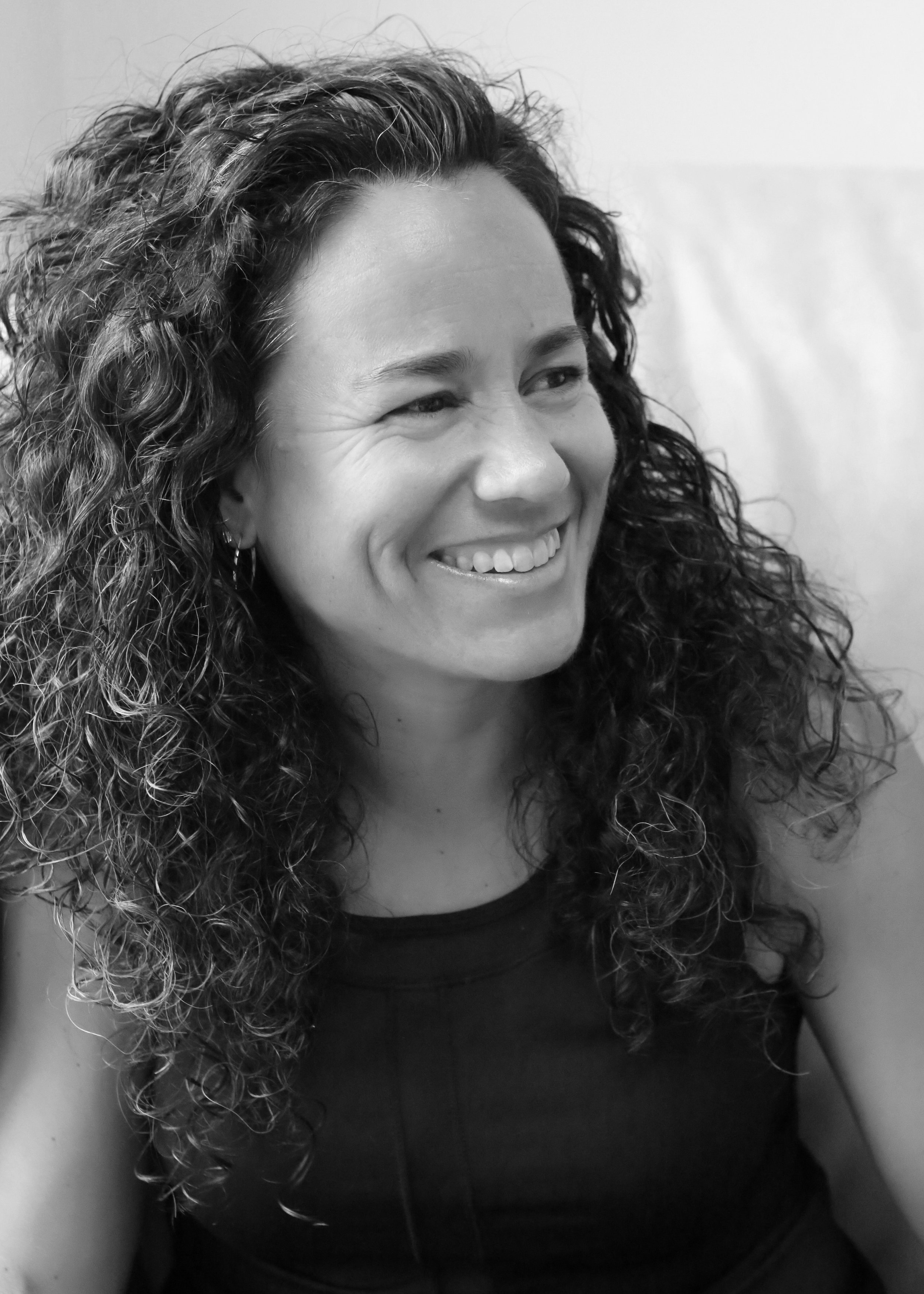
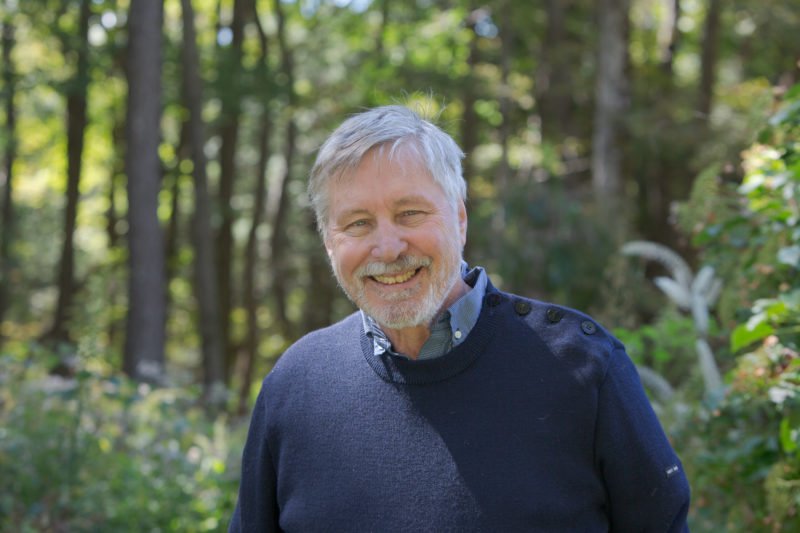
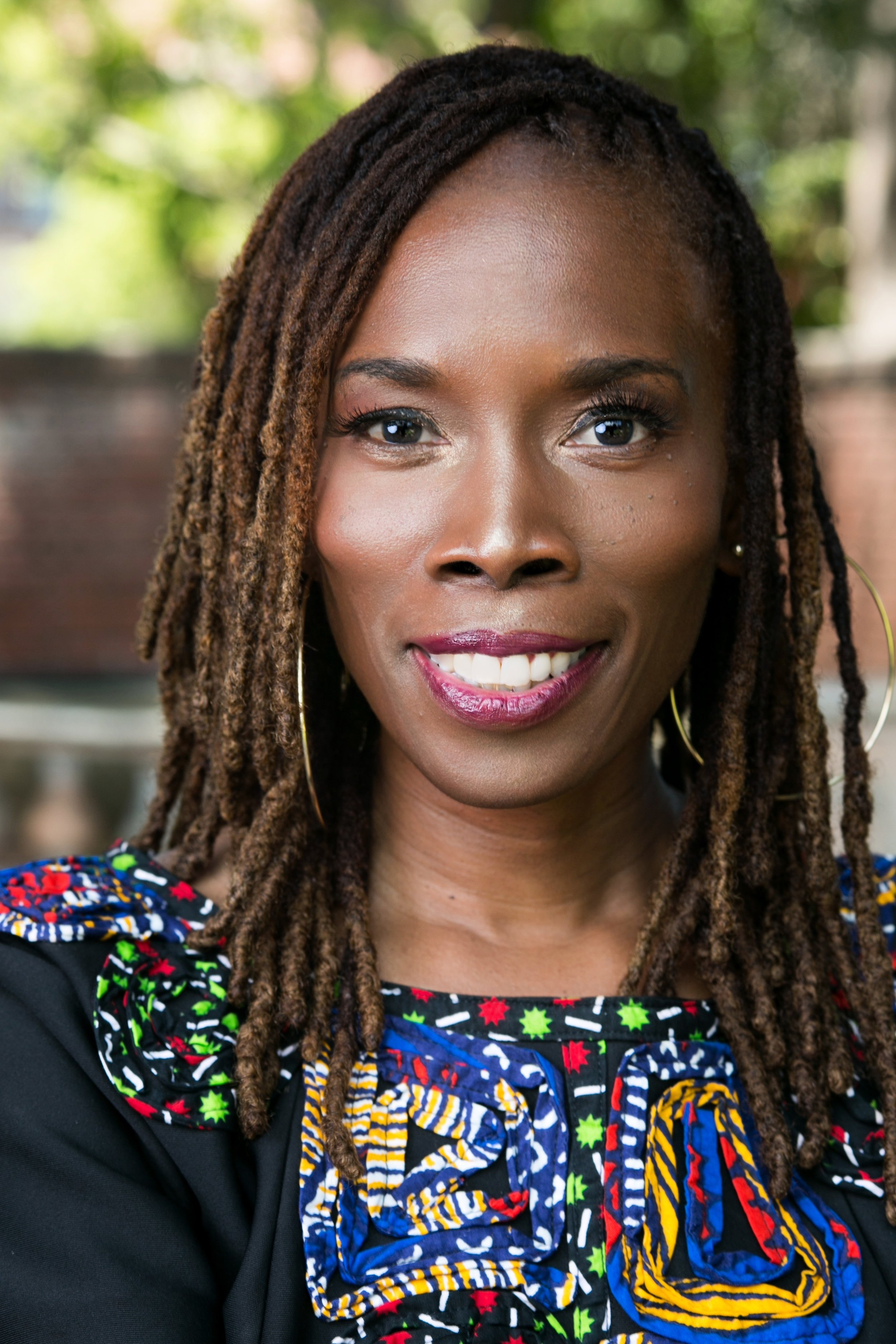





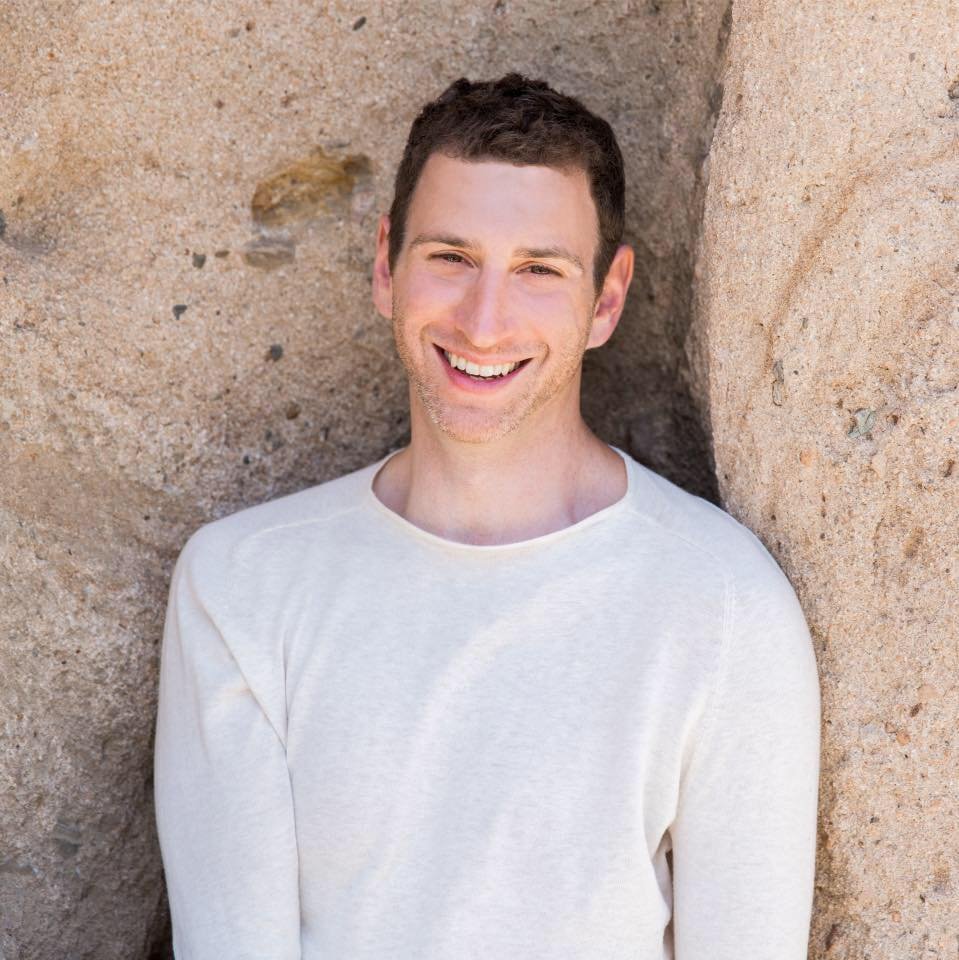
The Trauma Therapist Newsletter
The Trauma Therapist Podcast, hosted by Guy Macpherson, PhD, voted one of the top Mental Health Podcasts of 2023 and again in 2024 and again in 2025.
“Hi Guy! Thank you for generously sharing your wisdom and being courageous to offer new trauma therapists like me a helpful tool! What you’ve put together is exactly what I need to understand the trauma community and counseling profession, and the many resources available to equip me to help others heal.”
“I am really enjoying these Newsletters, Guy. I never know which section is going to resonate most with me each month. The timing of the article on dissociation was perfect for me this month. Thanks for your work; I love your podcasts too.”